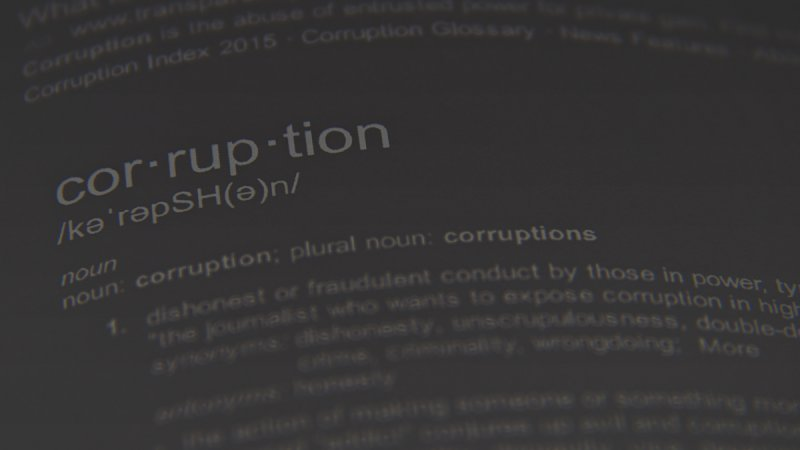Last week, the UK government announced the formation of a global coalition to tackle what it calls the “Wild West” of artificial intelligence. Led by the newly established UK AI Security Institute, the coalition brings together Canada’s AI institute, leading academics, and major tech firms including Amazon, Anthropic, and Cohere. With £15 million in funding, the initiative is focused on one goal: making sure advanced AI systems behave in ways that align with human values — and stay under control.
Why this matters now
AI isn’t just writing emails and automating spreadsheets anymore. It’s making decisions about hiring, healthcare, credit, surveillance, and critical infrastructure. As governments scramble to create safety frameworks, businesses using AI are under increasing pressure to prove they are ethical, secure, and in control.
This isn’t an abstract risk. Even everyday AI tools, like transcription bots, can raise serious concerns around data privacy, litigation exposure, and regulatory compliance. AI governance is no longer optional.
We’re already seeing legal challenges arise. In 2023, a class-action lawsuit was filed in the US against HR software giant Workday, alleging that its AI-driven hiring tools discriminated on the basis of race, age, and disability. The claim argued that Workday’s screening algorithms, used by dozens of major employers, had the effect of excluding qualified candidates from underrepresented groups. The case highlighted how unchecked AI can perpetuate bias and expose companies to serious legal risk.
And AI’s unpredictability isn’t limited to bias: the past month saw an explosion in hallucinated legal citations and fabricated data generated by AI tools, often in professional or high-risk contexts. These incidents, including false case law cited in real court filings, show how dangerous it can be to assume AI outputs are reliable without proper oversight.
The “alignment” problem, and the compliance opportunity
The core concern behind this coalition is AI alignment: making sure powerful AI systems don’t produce biased, dangerous, or unpredictable results. That’s not just a theoretical issue — it’s a practical one that every business deploying AI needs to consider today.
The initiative, known as the Alignment Project, is spearheaded by the UK’s AI Security Institute and backed by £15 million from the Department for Science, Innovation and Technology. It brings together heavyweight collaborators: the Canadian AI Safety Institute, CIFAR, Amazon Web Services, Anthropic, UK Research and Innovation, ARIA, and others, building an ecosystem focused on AI behaviour, control, and alignment.
The coalition offers both reassurance and a challenge. Reassurance, because governments and researchers are finally coming together to set international safety standards. Challenge, because organisations can no longer afford to wait for regulation to catch up.
The press release states that “keeping AI systems aligned with human values is a great scientific challenge of our time,” and the project is designed to “accelerate leading AI alignment researchers and attract brilliant minds” across disciplines.
The coalition offers both reassurance and a challenge. Reassurance, because governments and researchers are finally coming together to set international safety standards. Challenge, because organisations can no longer afford to wait for regulation to catch up.
What businesses should do now
Compliance and risk teams have no time to waste in implementing AI risk management practices now, including:
- AI impact assessments, similar to DPIAs under GDPR
- Bias testing and explainability reviews for any AI used in decision-making
- Staff training on ethical AI use and data privacy
- Governance frameworks for AI procurement, deployment, and monitoring
These steps are fast becoming not just best practice, but regulatory expectation. And with the UK aiming to position itself as a global AI safety hub, you can expect closer scrutiny, especially in financial services, healthcare, law, and tech.

















